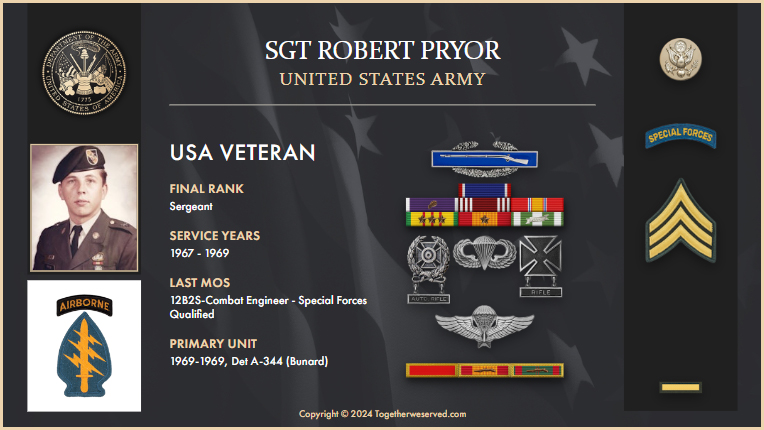
VA and NHS England representatives meet to discuss piloting a new mobile messaging system for Veterans in the U.S., during a UK delegation visit, June 23-25.
More and more Americans – including Veterans – have turned to their mobile devices to assist with their health care. Apps that help track fitness and provide tools for disease management are coming to the market in droves. Using technology to enhance health and quality of life is something both patients and providers can support. In fact, in the past year, more than a third of U.S. physicians recommended that patients use health apps.
Enter Annie, a mobile messaging system that VA is developing in partnership with the National Health Service (NHS) England. With this technology, VA patients can choose to receive personalized and targeted text messages from VA, including general health tips, appointment reminders and prompts to help them track their own health data or care plan
Annie, named after Lt. Annie G. Fox, the first woman to receive the Purple Heart for combat, was inspired by the award-winning technology developed by NHS –Florence (Flo), named after Florence Nightingale, the founder of modern nursing. In England, mobile messaging through Florence has proven highly effective in helping patients who suffer from chronic diseases to self-manage their care, which increases patient engagement and motivation for change.
Beginning this fall, testing of VA’s Annie will begin. The Annie system can be customized to help patients with any health condition. But, initially, pilot testing will focus on text messaging interchanges designed to help Veterans who are dealing with congestive heart failure, diabetes, hypertension and weight loss concerns. Appointment reminders will also be part of the initial deployment of Annie. Following the pilot evaluations, use of the system will be expanded to address other areas of care.
It’s been an exciting partnership to work alongside our colleagues from NHS England to develop this system. We will soon have Annie and they will have a better Florence. Our health care systems have much in common. Furthermore, we both see the value in using eHealth technologies to transform care delivery and to engage our respective patients. As such, VA and NHS England are in the midst of a three-year exchange program and collaboration focused on eHealth, launched in early 2013. It’s been fruitful! I hope you get to meet Annie -or Florence – soon.

Topics in this story
More Stories
Summer can be a joyful time of year, but some outdoor activities can be hard for some Veterans. In this guest post, former VA Secretary Bob McDonald shares resources and plans to navigate summer activities.
"A CAPITOL FOURTH" airs on PBS Thursday, July 4, 2024 from 8:00 to 9:30 p.m. E.T.
The following is an account from Army Veteran Robert Pryor on how he was able to find and reconnect with the pilot who saved his life in Vietnam.







All these technological ideas are great. They should build on the traditional relationship between the Dr. and the Patient. It should not be used to replace this relationship. Unfortunately, for a group of good and bad reasons, many patients hardly ever see their Primary Care physician and that does not work well to developing the trust that needs to exist. Or, their physician is changed so often that they don’t ever build that connection. People rely on the old fashioned connection that you build with another person. If you don’t have that, you can have all the app’s, Annie’s, whatever, and you haven’t done a thing to improve the situation.
Well who would have thought it….. Sceptics about where money is being spent! Nothing new there then…. In my view any sharing of great ideas that support patients, wherever they are can only be a good thing.
Its always wise to look at what others are doing, in order to learn what to do and what NOT TO DO, learning by mistakes is key to success and the VA & NHS have a real opportunity to learn from each other.
Annie & Flo will grow this sharing of minds and i welcome that.
Good luck to Annie & Flo….
Who are you trying to kid? I not only do not have a doctor for my provider, I have an NA. My cardiologist doesn’t seem to be able to make up his mind about my condition so I had to go to a civilian Cardiologist for an answer and I have several communication problems as well. I agree with Dan Flynn. Why not spend money to hire qualified doctors and less on so-called support staff who do as little as possible or nothing at all but are very adept at being rude?
So the VA is teaming up with the UK’s NHS? What could possibly go wrong? Does anyone at the VA think about all the criticism the NHS receives? Are you really trying to obtain the level of care the Brits are complaining about on a daily basis?
Instead of spending who knows how many millions on your latest scheme, why not find a way to hire more doctors who know what they are doing?
Hi Dan…
An interesting view of the NHS!! I’m one of the UK visitors working with the VA. We have a clear aim to try and improve the care we offer patients on both sides of the ‘pond’…
Simple telehealth technology in the UK is in its’ infancy but our own work shows really high levels of satisfaction from patients and they universally feel more in control of their own health. Outcomes are better and we can potentially save money to re-invest in other areas of health need. The real problem for all governments is the amount of money to invest in national health systems…. in reality, health need is a ‘bottomless pit’ and the true need can never really be met. I’ve worked as a doctor in the NHS for 31 years and nearly all patients I meet in my day to day practice are very happy with the services the NHS offers.
Most European countries provide near-universal health care for their residents, yet they spend between one-third to one-half what the US spends on health care for its citizens (Forbes). France and Germany, which are widely viewed as having among the best health care systems in Europe, with few complaints about rationing of services and queuing, spend 11% and 10.4% of their economic output, respectively, on health care. The US by comparison, expends 16% of its gross domestic product in this area.
The UK NHS also provides universal health care, but only spends 6.5% of its GDP on health care, making it one of the cheapest health care systems in Europe. That percentage is set to fall to 6.2% by 2015 (Pulse). Perhaps that’s where the real problem lies???
You can be assured that our collaborative group is very aware of the need to use limited resources efficiently and effectively: ‘Annie’ and ‘Flo’ should help us to give control back to patients and hopefully move resource to other areas of health need.
Best wishes